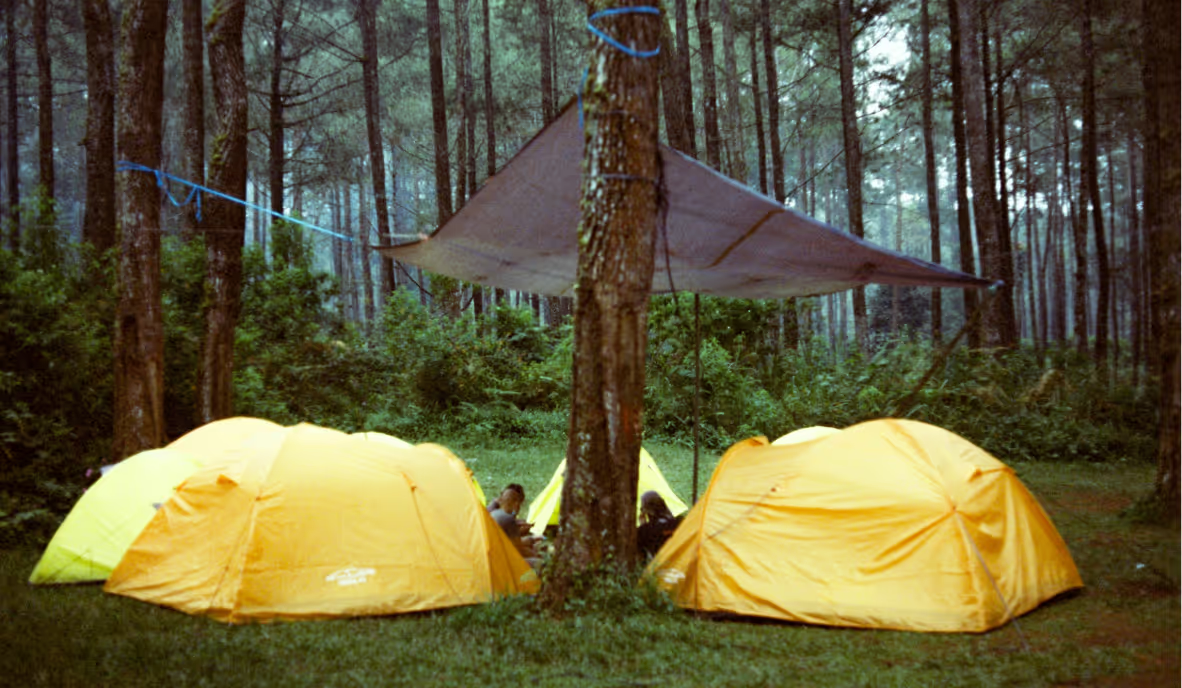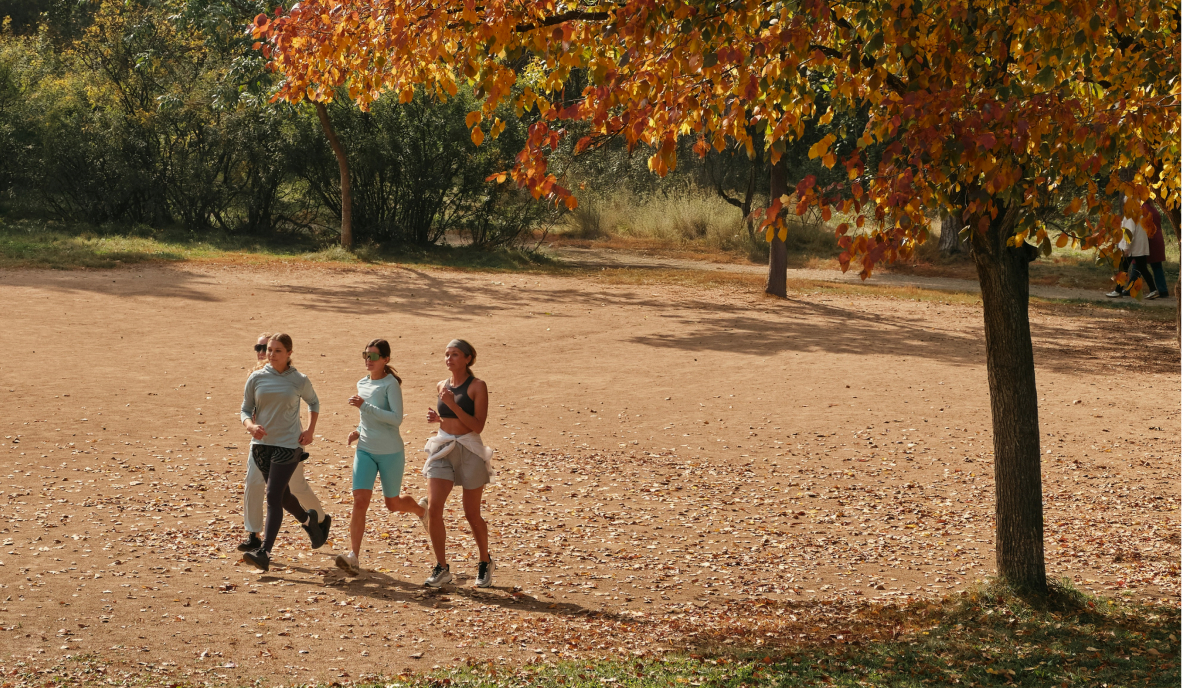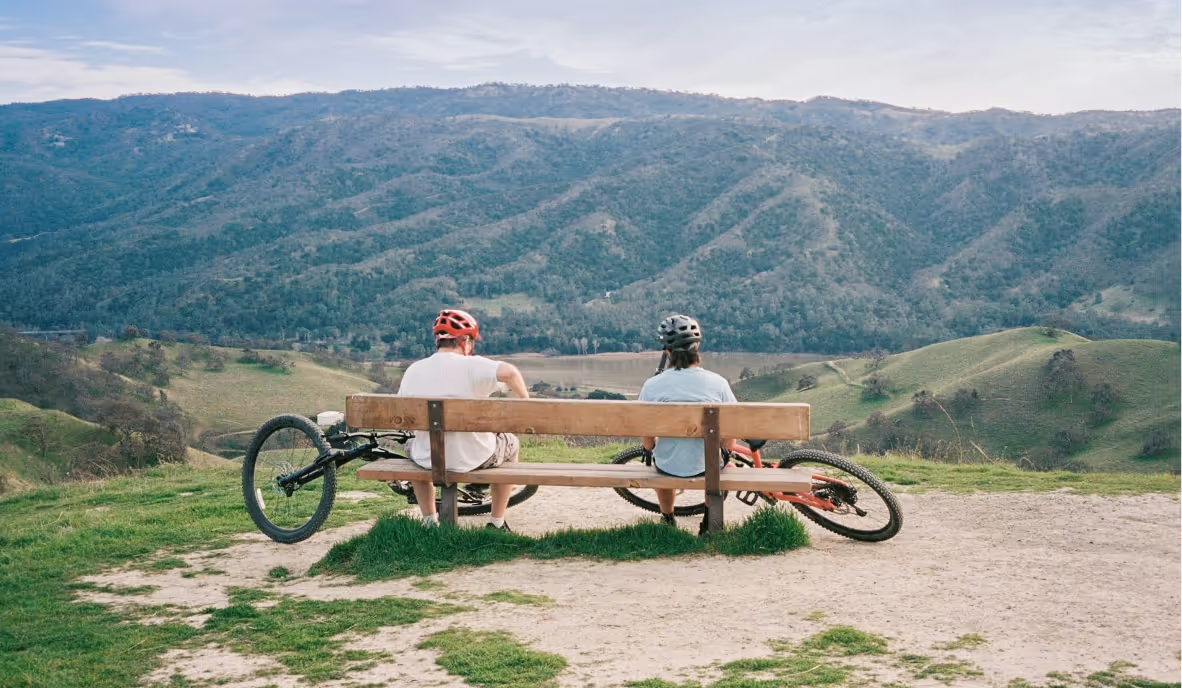5 Tips for Budget-Friendly Camping

Join the community





Camping is a great way to plan a sustainable vacation. It is economical and has a low carbon footprint. Even if you're new to camping or on a tight budget, don't worry. There are plenty of ways to enjoy nature without breaking the bank.
We’ve compiled some tips for budget-friendly camping:
Borrow or buy secondhand gear
Instead of purchasing new camping gear, consider borrowing it from friends or asking in your local Buy Nothing Group. This allows you to experience camping before investing in your equipment. You could also search for camping rentals near you. Another option is to buy secondhand camping products. This can help you save money while you figure out the best setup for your needs or decide if camping suits you. If you're already a camping enthusiast, watch for new gear releases. Older models often become discounted or appear in secondhand stores as campers upgrade their gear. Outlets such as REI, The North Face Renewed, Steep & Cheap, Gear Trade, Sierra, and Backcountry offer great deals on used gear, discontinued lines, and overstocked items.
Avoid camping inside national parks
While national parks offer convenience, their camping prices are high and you also have to pay an entry fee. To save money, consider spots surrounding the park. Also, camping closer to home can lead to more savings and help you cut down your travel carbon footprint. Use resources such as Hipcamp to find budget-friendly camping spots on private property — often a cost-effective alternative to crowded campgrounds. Websites like recreation.gov can help you locate federal lands with affordable campsites and cabins. If your schedule allows, consider camping during the offseason to get cheaper rates.
Bring your stuff from home
When planning a camping trip on a budget, see what you already have at home. There's no need to buy expensive, specialized supplies. That old non-stick pan in your kitchen can be perfect for campfire cooking. For bedding, bring your pillows from home and clean the cases afterward. If new sleeping bags are outside the budget, grab some blankets, unless you're braving freezing temperatures. If you’re camping with friends (which is always more fun), check to see what each person has. One friend might have a camping stove and another could bring the cooking condiment. By sharing resources, everyone saves money.
Be mindful of what you cook and eat
When it comes to meals, simplicity is key. Avoid the hassle and expense of extravagant meals and stick to simple, one-pot dishes. Plan your meals to avoid costly last-minute grocery store runs or restaurant meals. Remember to bring along spices, herbs, and condiments from home to liven up your food. Avoid impulse buys at gas stations and marts along the way as they're often overpriced.
Avoid renting trailers and RVs
When it comes to budget-friendly camping, remember that transportation is key. Trailers and RVs can be costly and difficult to store, especially in tight spaces. If you don't own a car, renting one for your camping trips can be a more cost-effective alternative. Choose a vehicle that can safely accommodate all your gear and passengers. Another option could be to rent a campervan or motorhome, providing both accommodation and transportation. Roof racks are another affordable solution for transporting camping gear. Just make sure you secure everything safely.











